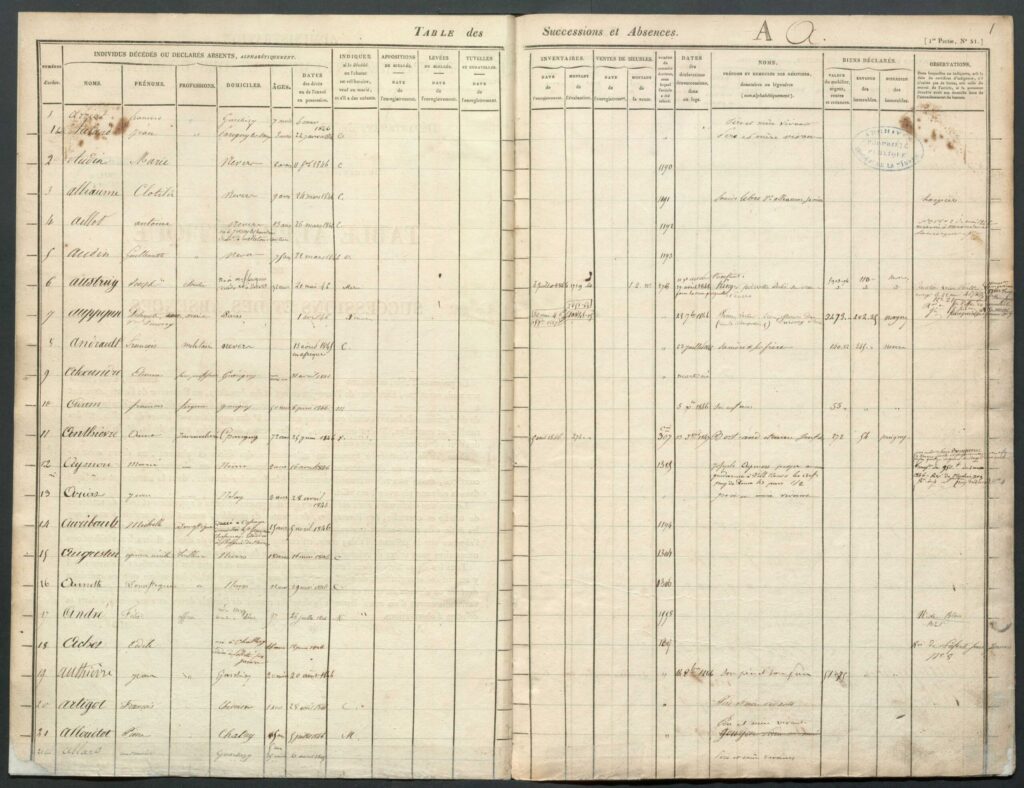
From Records to Riches
With Aurelius Noble
Together with my co-author Aurelius Noble, I have created an end-to-end pipeline to digitise large parts of the Tables des Successions et Absences, the French Estate Tax Registers.
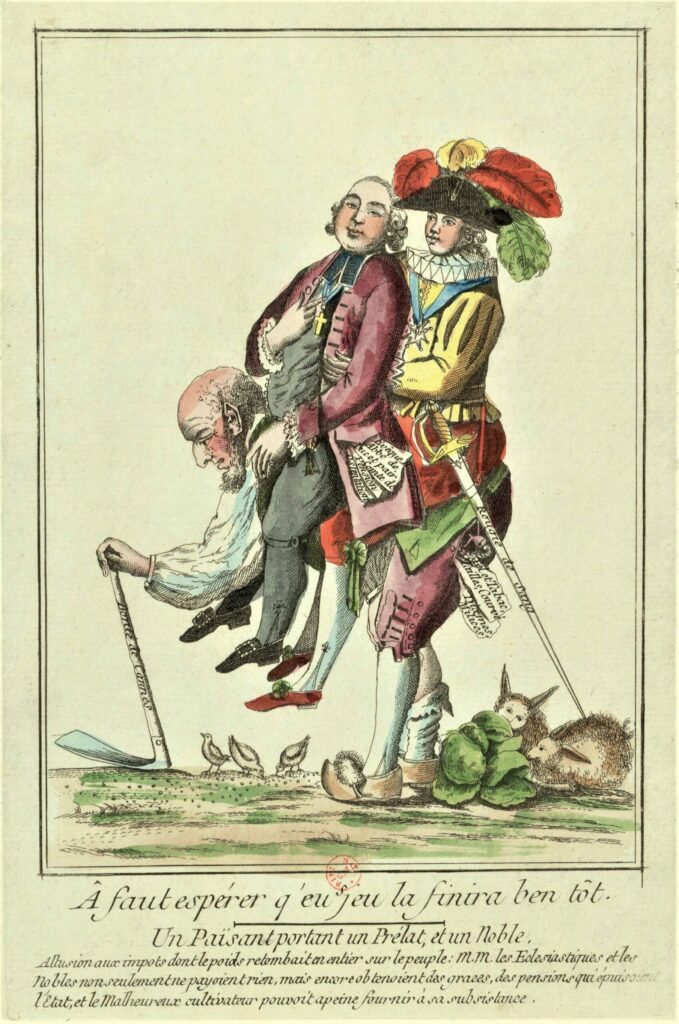
A Testament to Revolution
I develop a theoretical framework that synthesizes the latent status model of social mobility developed by Clark and Cummins with Pierre Bourdieu’s theory of capital convertibility. I show that, if we assume that capital can be converted from one form to another, traditional mobility estimates based on single outcomes (wealth, income) systematically underestimate true persistence because they fail to account for the strategic allocation of total capital across multiple forms.
I test this model using wealth data from Postel-Vinay and Rosenthal (2026) and the From Records to Riches project, as well as the universe of French MPs since 1791, Légion d’Honneur recipients, Napoleonic ennoblements, and several lists of ancien régime noble titles.
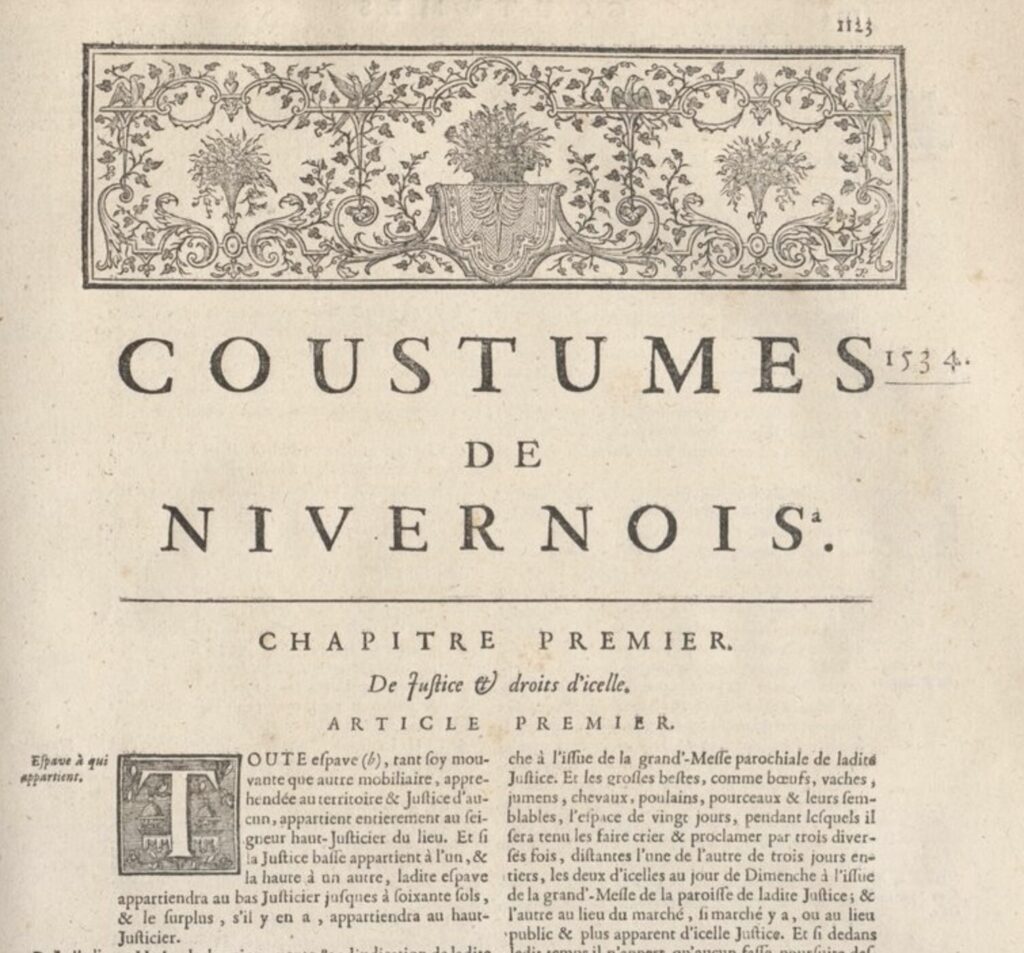
The New Regime of the Family
The Code Napoléon attempted to impose a New Regime of the Family. In a conscious effort to adhere to the Revolutionary ideal of equality, universal partition of inheritance was introduced. Although intensely patriarchal in most other regards (Tudor, 2022), this included the introduction of legal equality of women in inheritance. Using data from the From Records to Riches project, employing a Regression Discontinuity Design, I investigate whether pre-Revolutioanary customary legal norms had persistent effects on the gender wealth gap.
My findings are in line with Bessière and Gollac (2022) who show how inequality between genders is (re-)produced within families through private practices and how legal equality is not a sufficient condition for economic equality.
Work in Progress
Explore my ongoing works in progress.
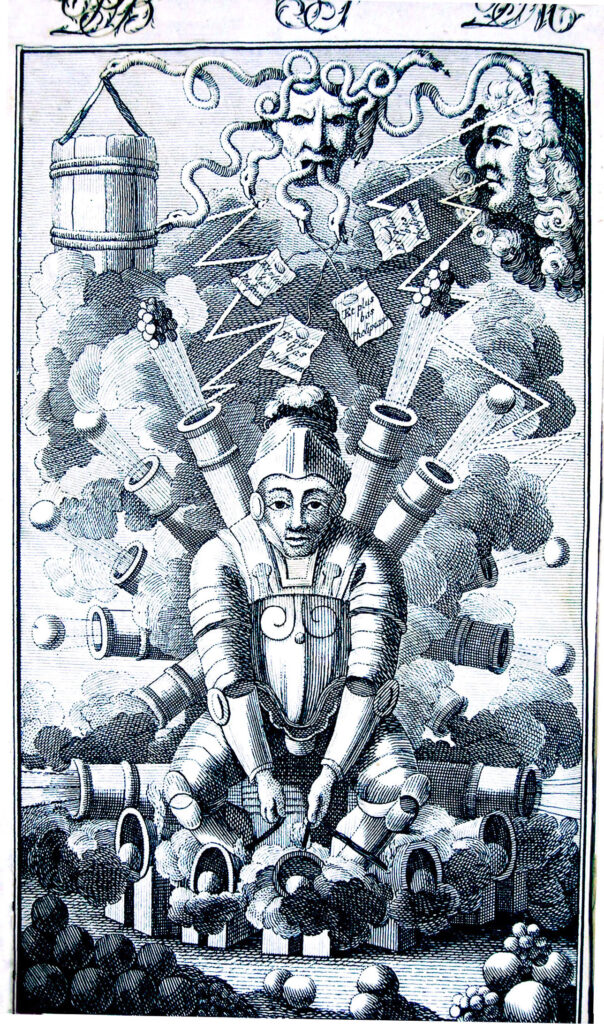
The Grub Street Origin of the Revolution
With Julius Koschnick
Building on the work of Robert Darnton, we investigate the effects a steep increase in the tax on paper in ancien régime France had on the literary diet of the 18th century French. The tax increased the inflow of illegal literature from clandestine publishers outside France, hurt domestic publishing, and led to the wider circulation of radical ideas.
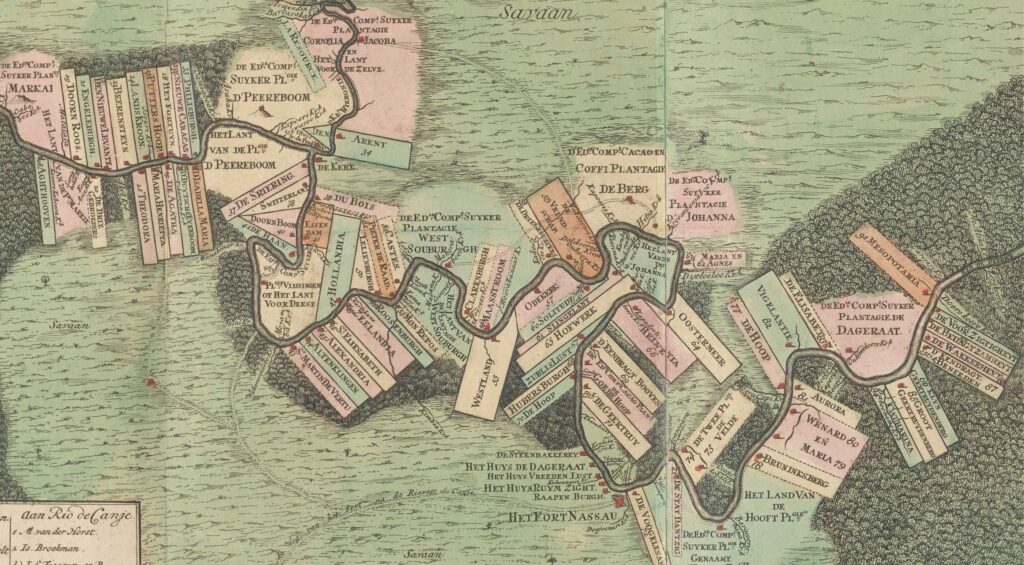
“Swiss Slavery” – The Case of Berbice
With Florentine Friedrich
Switzerland was not among the major colonial powers of Europe. In the absence of a strong centralised state prior to the Helvetic Republic, many individuals of Swiss cities’ patrician classes were active in plantation agriculture and slave-holding. One example where Swiss plantation ownership was especially wide-spread is the Dutch colony of Berbice.
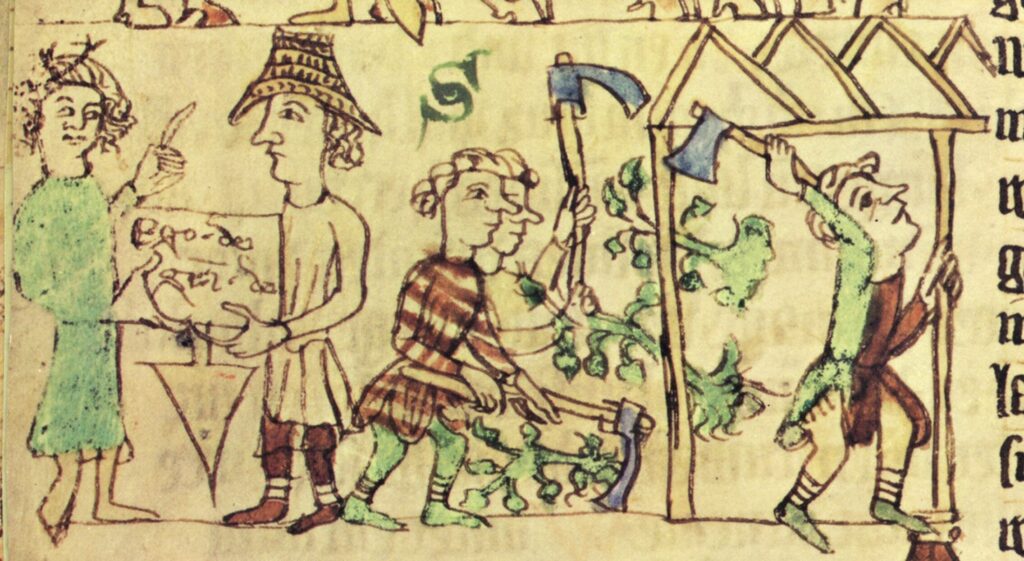
The Colonial Origins of Regional Development in Europe
With Andrés Irarrázaval
Fernand Braudel observed how “[i]n the new towns in the forest clearings of the North there grew up a more free civilization on the American pattern”, while in the south “newly-acquired land remained under the control of the wealthy”. This was because while “[a] pick and an axe might be enough in the North” in the south capital-intense drainage projects were necessary. He sees this institutional divergence as a reason for the South’s economic retardation. We test this hypothesis using data on every settlement in Switzerland.
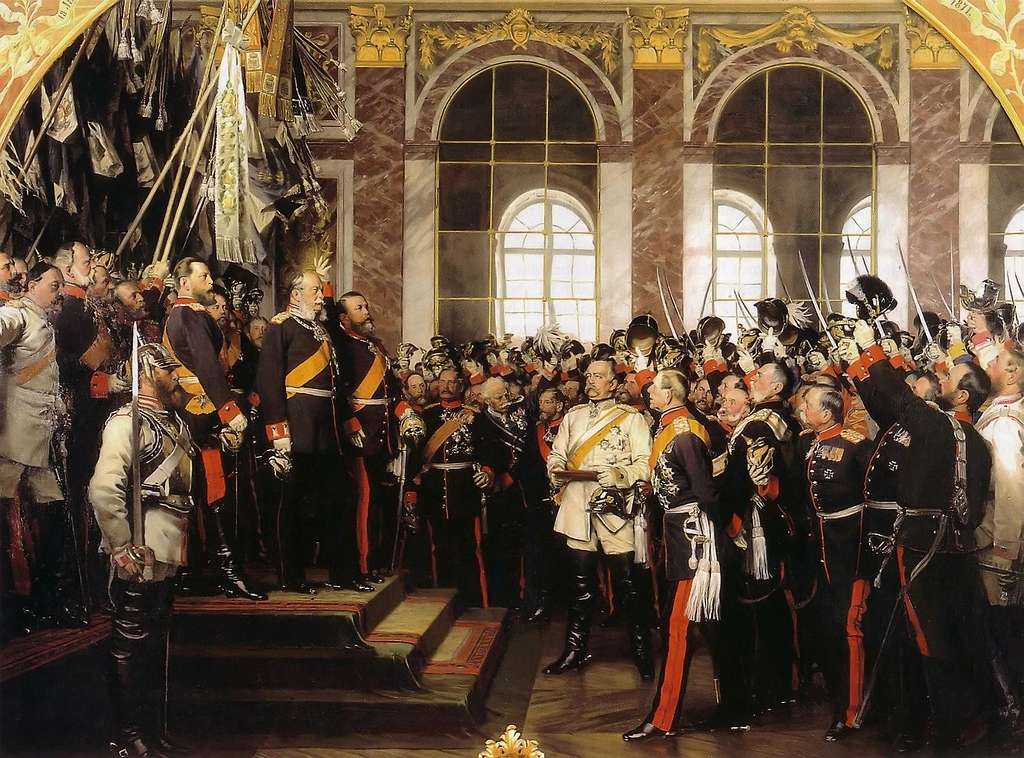
Elite Persistence and Elite Change – Insights into 19th-Century Revolutions via Big Data
I am researching elite persistence in 19th century Europe, specifically, I am looking at the nobility after the French Revolution and follow them throughout the 19th century. Recent research has shown that wealthy elites weather shocks like revolutions and political change surprisingly well. We still do not fully understand why this is the case.
I am fascinated by the long nineteenth century and the transitions it has brought onto the world. As Eric Hobsbawm, most of the vocabulary you need to understand a newspaper today was born in the early nineteenth century.


